From a rocket attack on the Israeli-controlled Golan Heights, with the US and Israel blaming Hezbollah, to Israel's retaliatory airstrike on Beirut that killed senior Hezbollah military commander Fuad Shukr,
The Israeli attack on Beirut also killed five civilians, including two children, according to Lebanon's Health Ministry. Israel said the attack was in response to an attack that killed 12 children and teenagers in the Golan Heights.
Just hours later, Hamas leader Ismail Haniyeh was assassinated in the capital Tehran, with Iran and Hamas blaming Israel for the incident while Israel did not accept responsibility.
All of this is raising fears of an all-out war in the region, leaving the world holding its breath to see how Iran and Hezbollah will react.
"New phase" in the conflict
Hezbollah Secretary-General Hassan Nasrallah on August 1 announced a "new phase" in the conflict with Israel, as the conflict has crossed the "support front" in the Gaza Strip, potentially signaling a plan to expand the conflict along Lebanon's southern border, which borders Israel to the north.

Hezbollah leader Hassan Nasrallah appears on a video screen at the funeral of Fuad Shukr, a Hezbollah commander, in Beirut, Lebanon, August 1, 2024. Photo: NY Times
These were Nasrallah's first comments after Hezbollah's senior military commander Fuad Shukr was killed in an Israeli retaliatory air strike on Beirut, and after Israel was accused of assassinating Hamas political leader Ismail Haniyeh, who was visiting Tehran.
"We are facing a big battle and we have entered a new phase beyond the support front," Nasrallah said in his speech at Shukr's funeral held on August 1 in a suburb of Beirut, not far from where he died.
Mr Nasrallah also vowed to retaliate for the attacks and denied that Hezbollah was responsible for the July 27 stadium attack on the village of Majdal Shams in the Golan Heights, which killed about 12 children and young people and led to an Israeli airstrike on Beirut.
"The attack on the southern suburbs of Beirut is not in retaliation for the Majdal Shams incident, but is part of the war and a retaliation against the Lebanese front," the Hezbollah leader declared.
Addressing Israeli leaders, Mr Nasrallah said: "You may laugh now, but you will regret it when you realise the serious lines you have crossed."
The inevitable retaliation
The July 30 strike that killed Shukr was the second Israeli attack on Beirut since October 7, when the conflict between the Jewish state and Hamas flared up in the Gaza Strip. But the assassination of Haniyeh in Tehran, right under the noses of Iran’s leadership, is likely to be the most escalating.
The New York Times reported on August 1 that the political leader of Hamas was killed by an explosive device hidden in the guest house where he was staying, in the Iranian capital Tehran.
Iran's Supreme Leader, Ayatollah Ali Khamenei, declared, "We consider it our duty to avenge Haniyeh's death and consider him an honored guest in our home."
Hezbollah leader Nasrallah said, "The purpose of assassinating the leaders is to weaken the resistance group against Israel. However, based on our experience, the resistance is still strong and unaffected."
Hezbollah's secretary general also announced the group's inevitable retaliation against Israel. Mr. Nasrallah also said that daily military operations on the southern front bordering Israel will continue to support the Gaza front, while the group seeks to respond to the assassination of Mr. Shukr.

People gather around the hearse carrying the coffin of Hamas leader Ismail Haniyeh during his funeral in Tehran, Iran, August 1, 2024. Photo: The Guardian
Marwan Bishara, a senior political analyst at Qatar-based Al Jazeera, said Hezbollah and Iran would likely respond to Israel's assassination of their officials with separate attacks.
“Judging from Nasrallah’s speech, he seemed to affirm that there was no doubt that Hezbollah would respond to the assassination of Shukr, but Nasrallah did not mention Haniyeh in that specific threat or warning,” Bishara said.
“It is understood that the Iranians will respond to the assassination of Haniyeh, and Hezbollah will respond to the assassination of their own. But this does not mean that the two attacks will not be coordinated,” said Al Jazeera’s senior analyst.
Efforts to de-escalate
In another development, Lebanese Foreign Minister Abdallah Bou Habib told NPR on August 1 that the United States is the only power that can change the course to prevent the Middle East from sinking into an all-out war.
"The US must act quickly in this direction and force Israel to stop what it is doing," Bou Habib said. "The US can produce some results. But so far, we have not seen anything."
In an interview with the US station, Foreign Minister Bou Habib also spoke about what happened in the past 48 hours and the risks to Lebanon and the region, calling it a "global problem".
"I hope we won't have a war. But what happened in the last two days is terrible. It's the cause of a major war. That's what we fear... Right now, we're still trying to understand what the reaction in the region might be and we're trying to limit it as much as possible. But we have nothing to say at this time."
The US government has been pushing for a ceasefire in Gaza, which Hezbollah says would also halt its attacks. But that ceasefire now looks more distant than ever.
Asked if US diplomatic efforts would fail, Foreign Minister Bou Habib said: "I hope not, because there is no other option but US involvement."
US President Joe Biden told Israeli Prime Minister Benjamin Netanyahu that Washington is committed to protecting Israel's security "against all threats from Iran" and its proxy groups Hamas, Hezbollah and Houthi, the White House said in a statement after the Aug. 1 phone call, which was also attended by Vice President Kamala Harris.
Mr Biden, in his latest call with Mr Netanyahu, also highlighted “ongoing efforts to de-escalate broader tensions in the region”, the White House statement said.
Minh Duc (According to Breaking Defense, NPR, ABC Net News, Al Jazeera)
Source: https://www.nguoiduatin.vn/thu-linh-hezbollah-len-tieng-the-gioi-nin-tho-cho-phan-ung-cua-iran-204240802133325178.htm





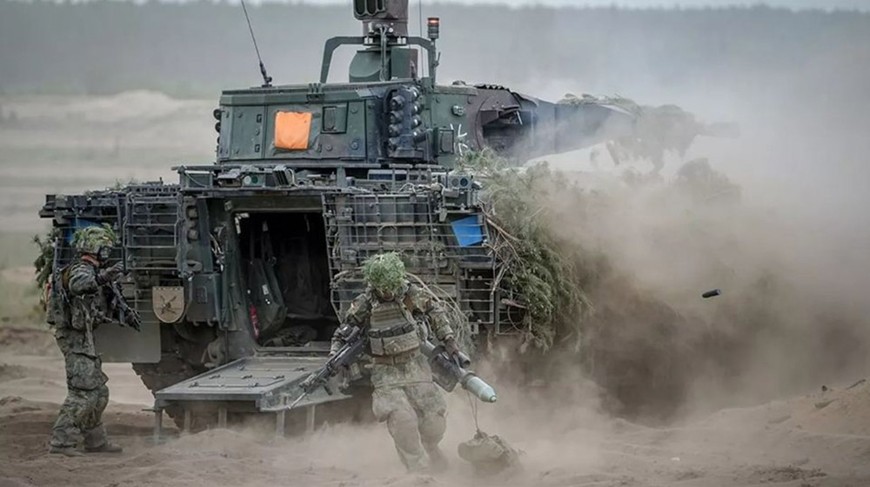
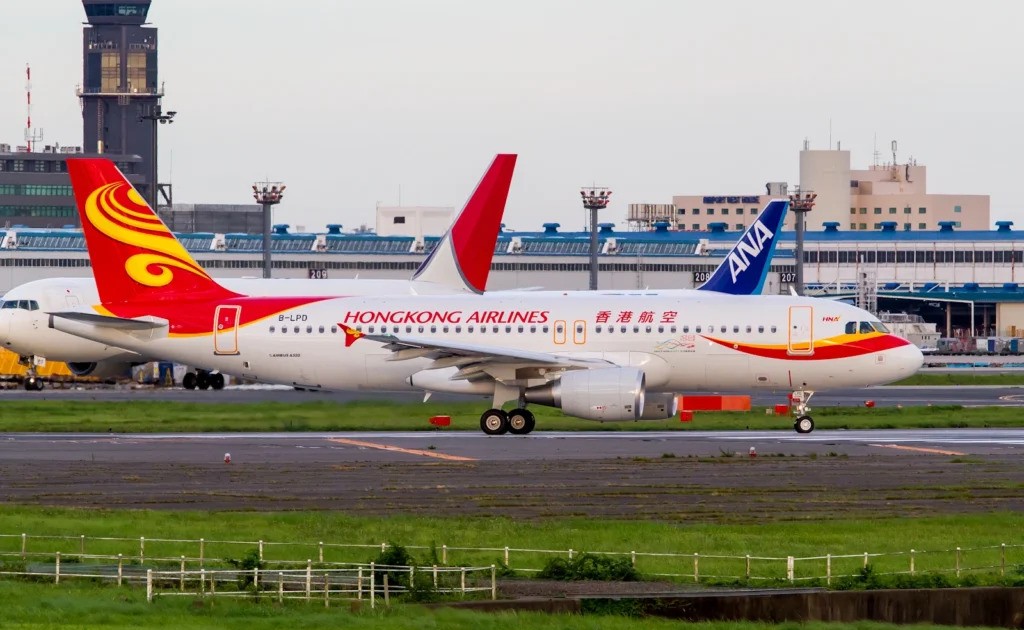
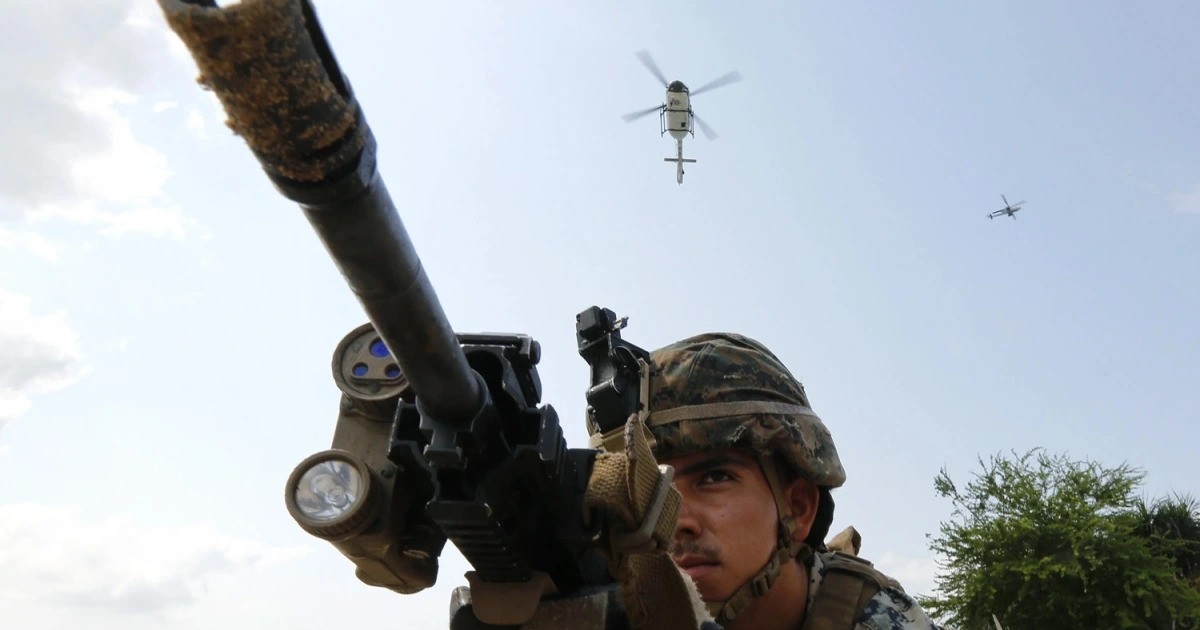
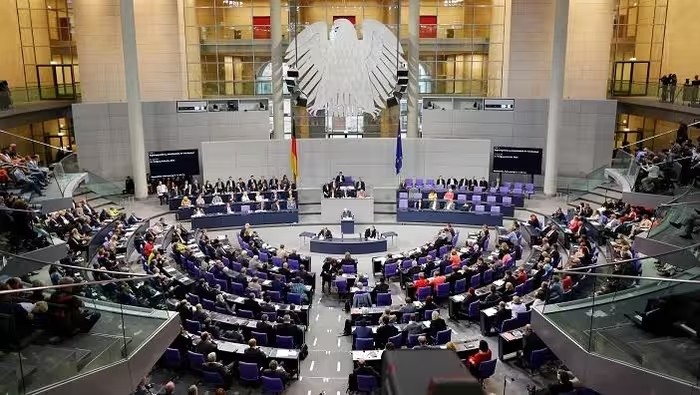
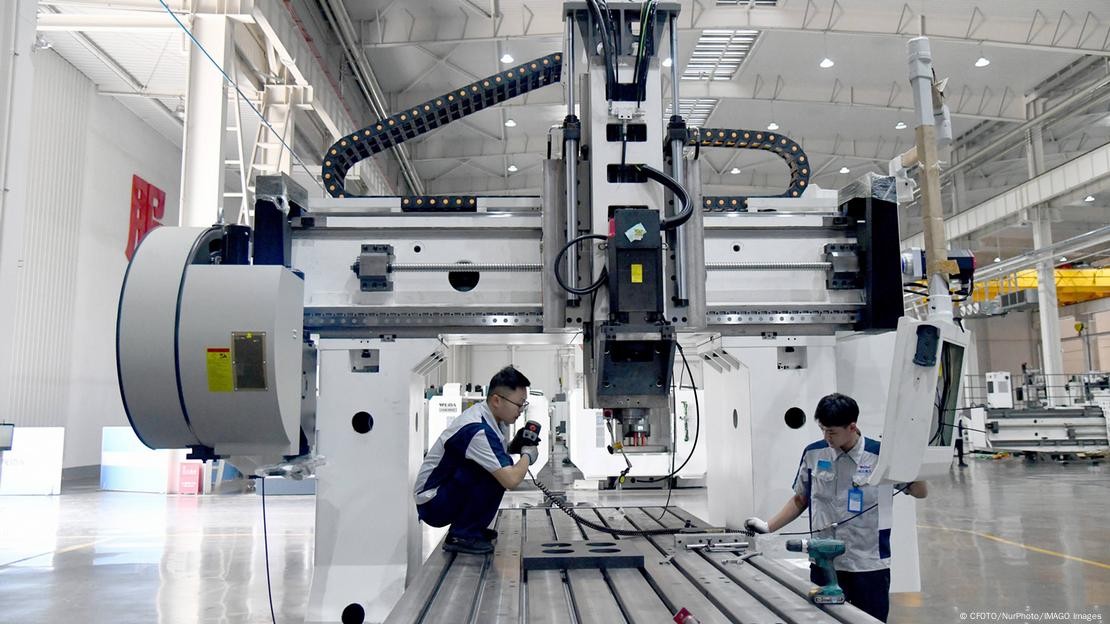
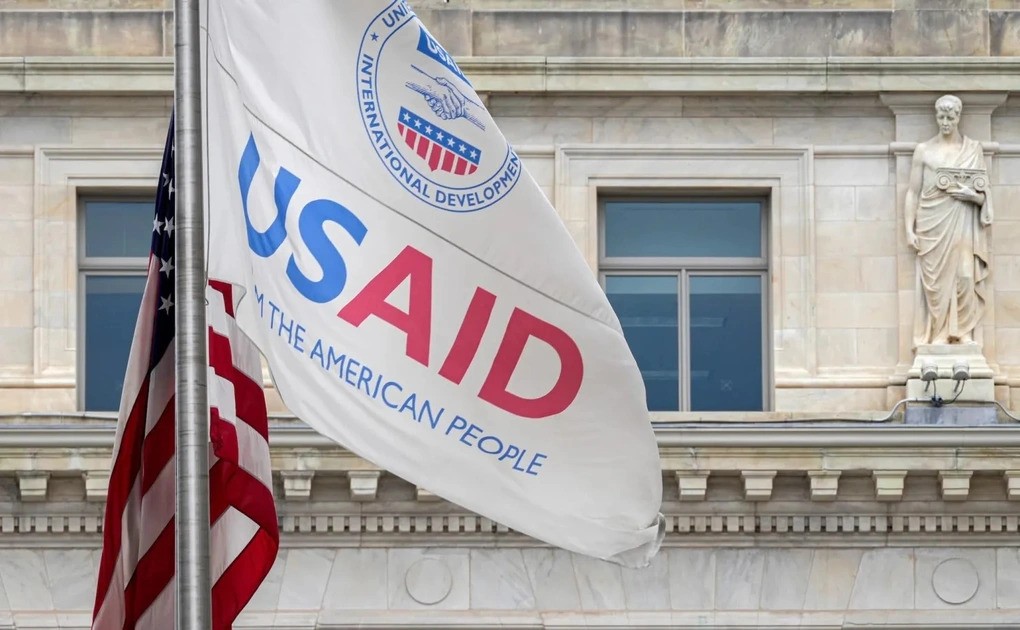












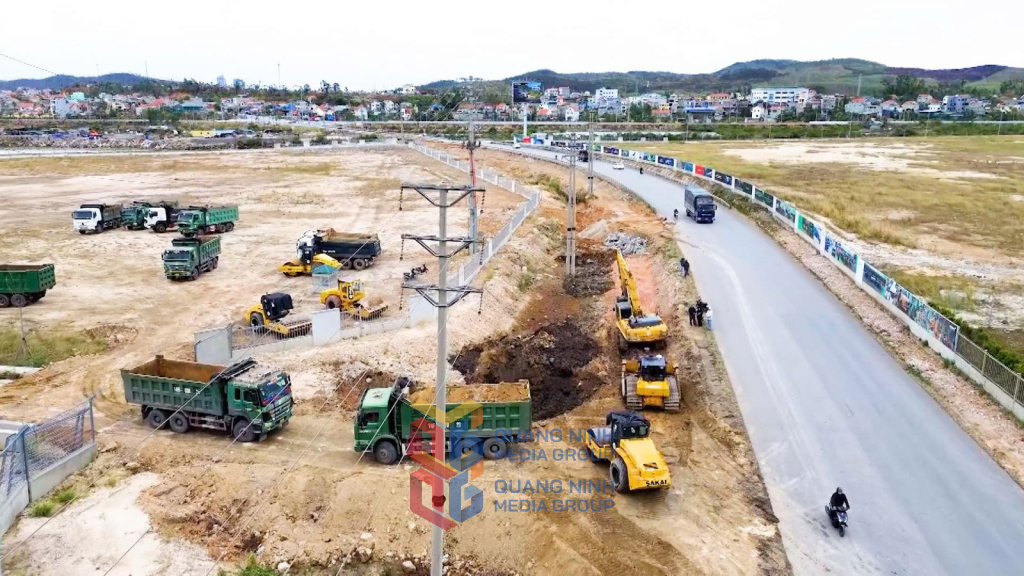

Comment (0)